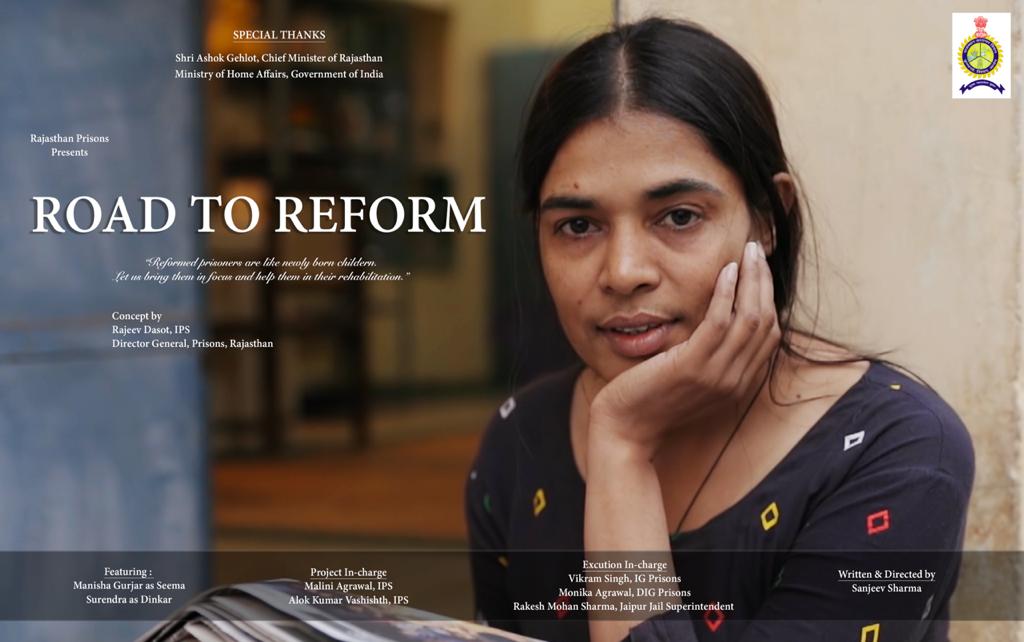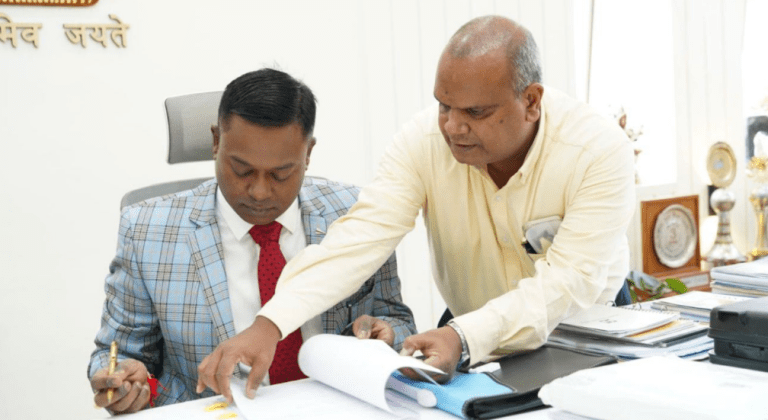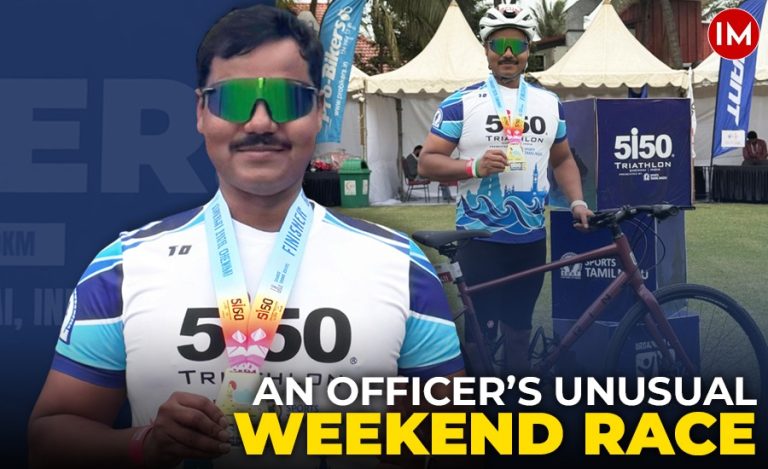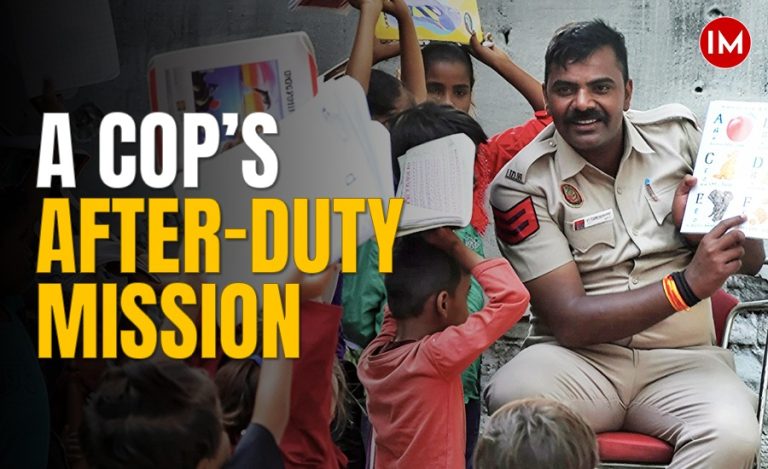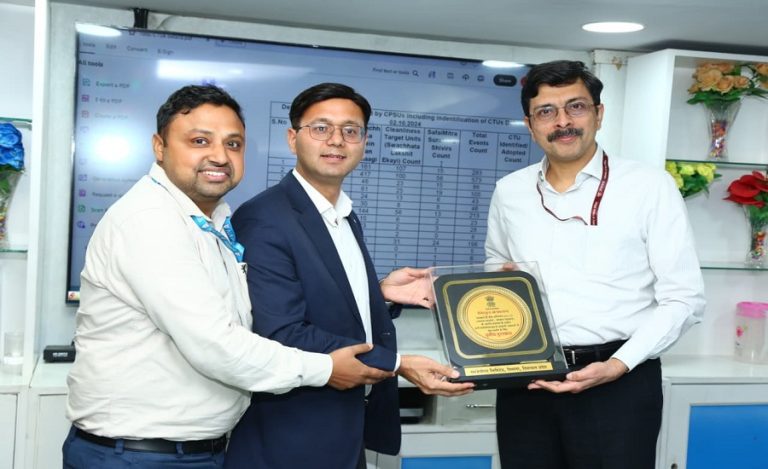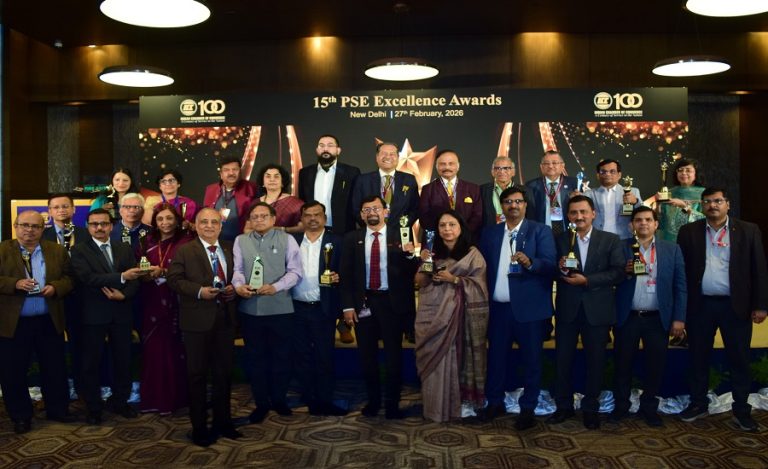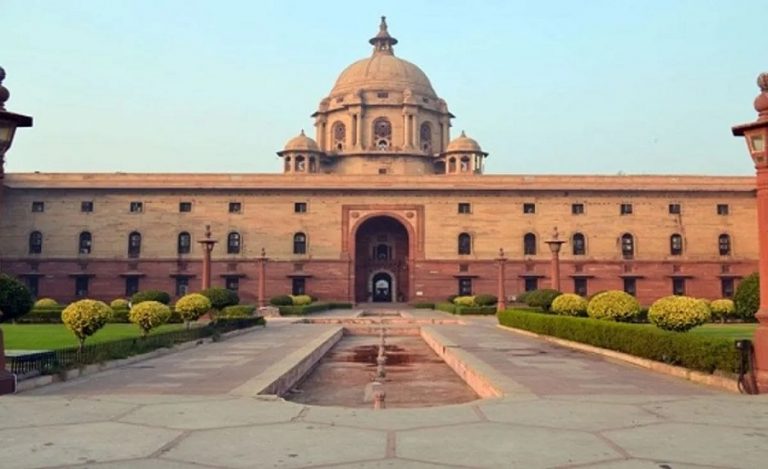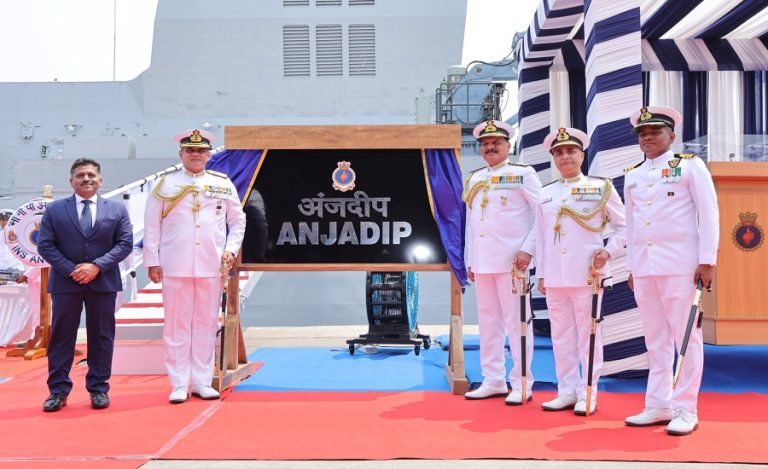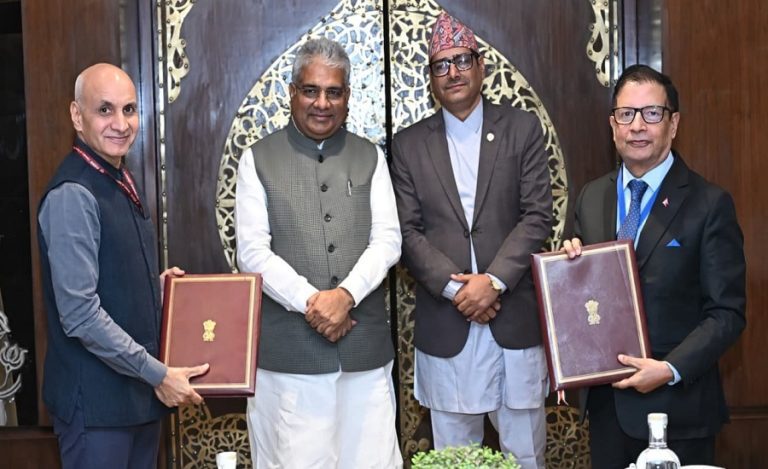“A prisoner is always a prisoner in the eyes of the society. Even when he comes out of incarceration, he is a prisoner to the biased judgments, questioning gaze and the disdain of the society”: Rajeev Dasot.
To change people’s perception towards prisoners and give them a new lease of life, Director General (Prisons) Rajasthan, Mr. Rajeev Dasot has come up with ‘Road to Reform’ – a film which is also a novel reformatory mission undertaken by him. In an exclusive conversation with Indian Masterminds, the officer talked about the movie and his idea of ‘rehabilitation’ and ‘reformation’ of inmates once they come out of the prisons.

IDEA BEHIND THE FILM
Mr. Dasot’s devotion to the reformation and welfare of the prisoners has always been a moving force for him. Over his tenure, he has freed thousands of reformed prisoners but has seen society impose a different kind of imprisonment upon them.
“As a legal parent of these newly born children, for that’s what they are despite their actual age, it hurts me immensely to see the society turn a cold shoulder to the reformed prisoners. It seemed like there was no relief from this situation and I could not accept this malpractice,” stated Mr. Dasot.
The theme chosen for the film has universal appeal, which transcends the boundaries of color, creed, religion, nation, sex and promotes forgiveness, acceptance, and the importance of a reformed person in society.
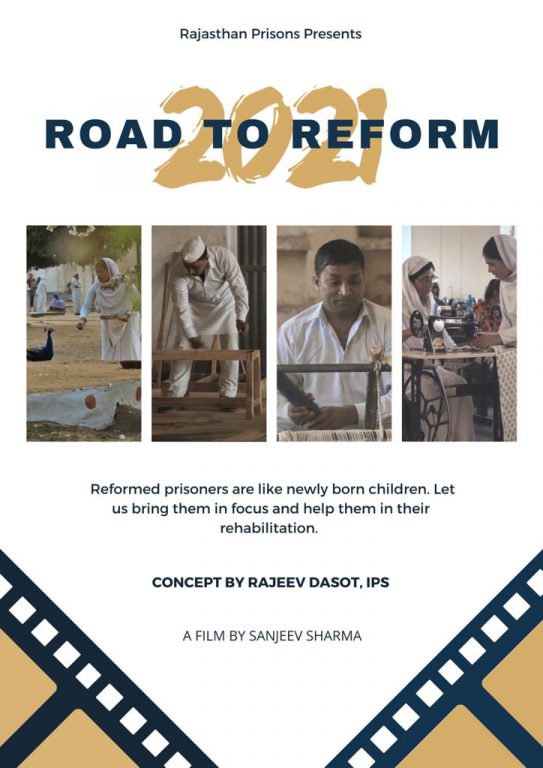
‘ROAD TO REFORM’
The IPS officer decided to equip the prisoners more through innovative reformatory activities so that they can successfully brave society. For the first time in the history of Prisons, he used the powerful audio-visual medium as a method of reformation and rehabilitation.
“The film is not only dedicated to the reformation and rehabilitation of the prisoners but also to the mindset of the society concerning the reformed prisoners,” he told Indian Masterminds.
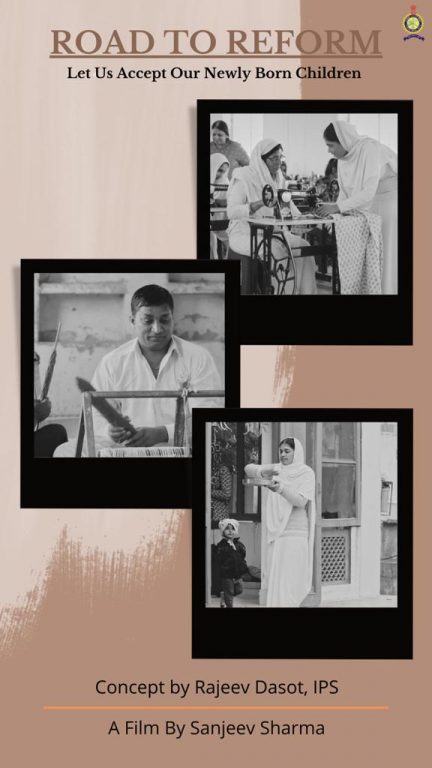
The mission reached new heights when the prisoners got the chance to portray their own emotions. Each and every actor in the movie is a prisoner. Even the staff and the senior officers have acted out their role wherever required. “I, myself have played the part of DG in the movie,” he said.
The unique feature of the film is that it has been entirely shot in maximum-security prisons. The location includes Central Jail, Women Jail, and Rajasthan Prisons Headquarters at Jaipur. The shooting of the film started on 25 th December and was completed within 15 days.
SYNOPSIS OF THE MOVIE
It is a simple and heartfelt journey narrating the struggle of two characters, Seema and Dinkar. While Dinkar has just come out of prison, Seema lives in an open prisoner’s camp. Their struggle to make it in the world with the stamp of a prisoner behind their back is what makes the movie meaningful. Both of their stories end with a heartfelt message and give us a vivid insight into the struggling lives of the prisoners.
“Dinkar is played by Surendra, who is now released from jail. Even the child actors in the movie are played by the children of prisoners who are allowed to stay with them in jail till the age of six,” says the officer.

NOT PRISONS BUT REHABILITATION CENTERS
The film promotes prison not as a place of punishment but as a place of reformation. Mr. Dasot wants to shift the public focus on the skills and reformed personality of the prisoners and not their former crimes.
“Reformed prisoners are like newly born children. Let us bring them in focus and help them in their rehabilitation,” he said.
Mr. Dasot believes that the re-integration of the prisoners into society should be seamless and a dignified affair. Through this film, Mr.Dasot converts his mission into the mission of society. He is determined to carry forward this mission until it becomes the mission and vision of the whole world.
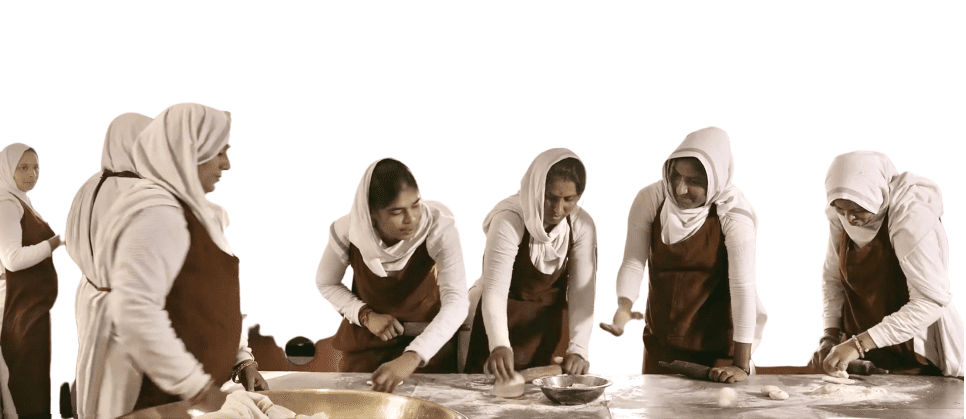
PEOPLE INVOLVED IN THE FILM
The brainchild of Mr. Rajeev Dasot, the movie was written and directed by famous director-producer Sanjeev Sharma who has also made films like ‘Shradhhanjali’ and ‘Veergatha’ who led a team of renowned and highly experienced technicians from the Indian film industry to execute this special project.
The Project-In-Charge of the film included Malini Agarwal, IPS (Additional Director General of Prisons, Rajasthan), and Alok Kumar Vashisht, IPS (Inspector General of Prisons, Rajasthan).
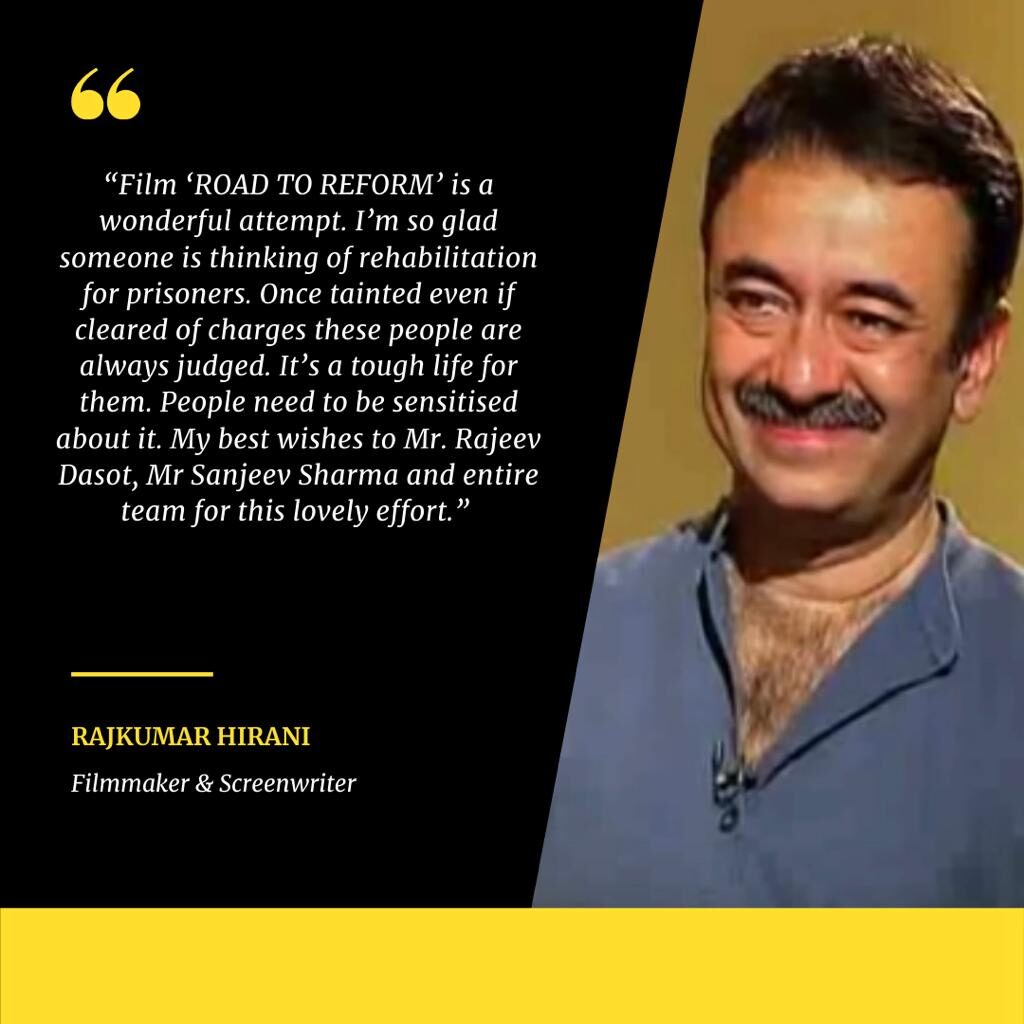
The Execution-In-Charge included Vikram Singh (Inspector General, Prisons, Rajasthan), Monika Agarwal (Deputy Inspector General, Prisons, Rajasthan), and Rakesh Mohan Sharma (Jail Superintendent, Jaipur).
The film ‘Road to Reform’ is produced by Ronkel Brothers Production and presented by Rajasthan Prisons.
Watch the movie here:

